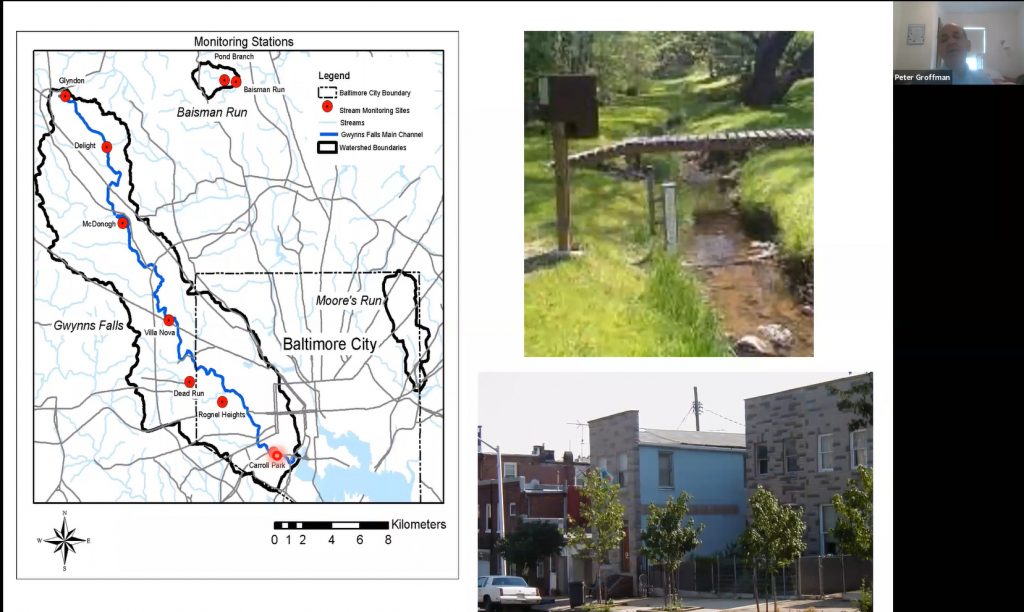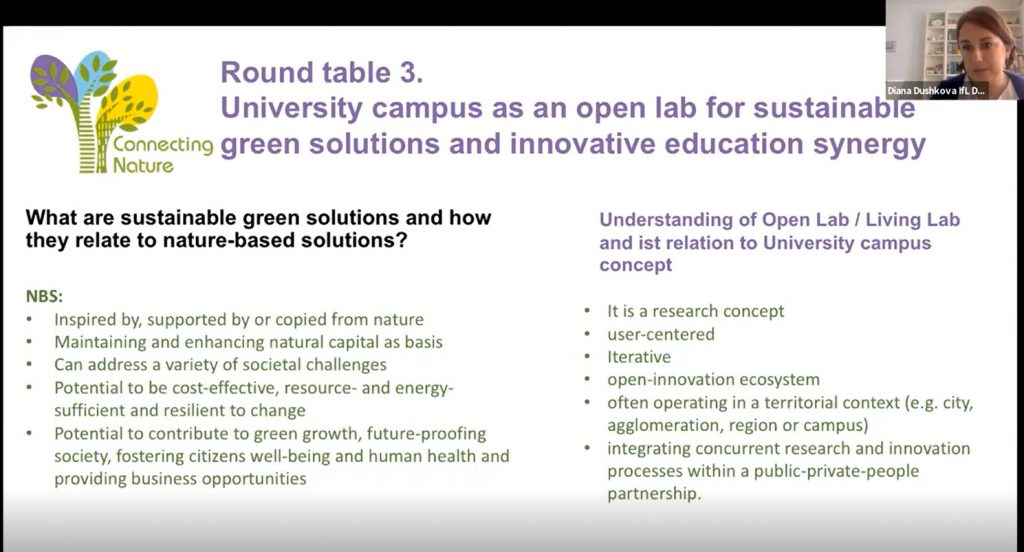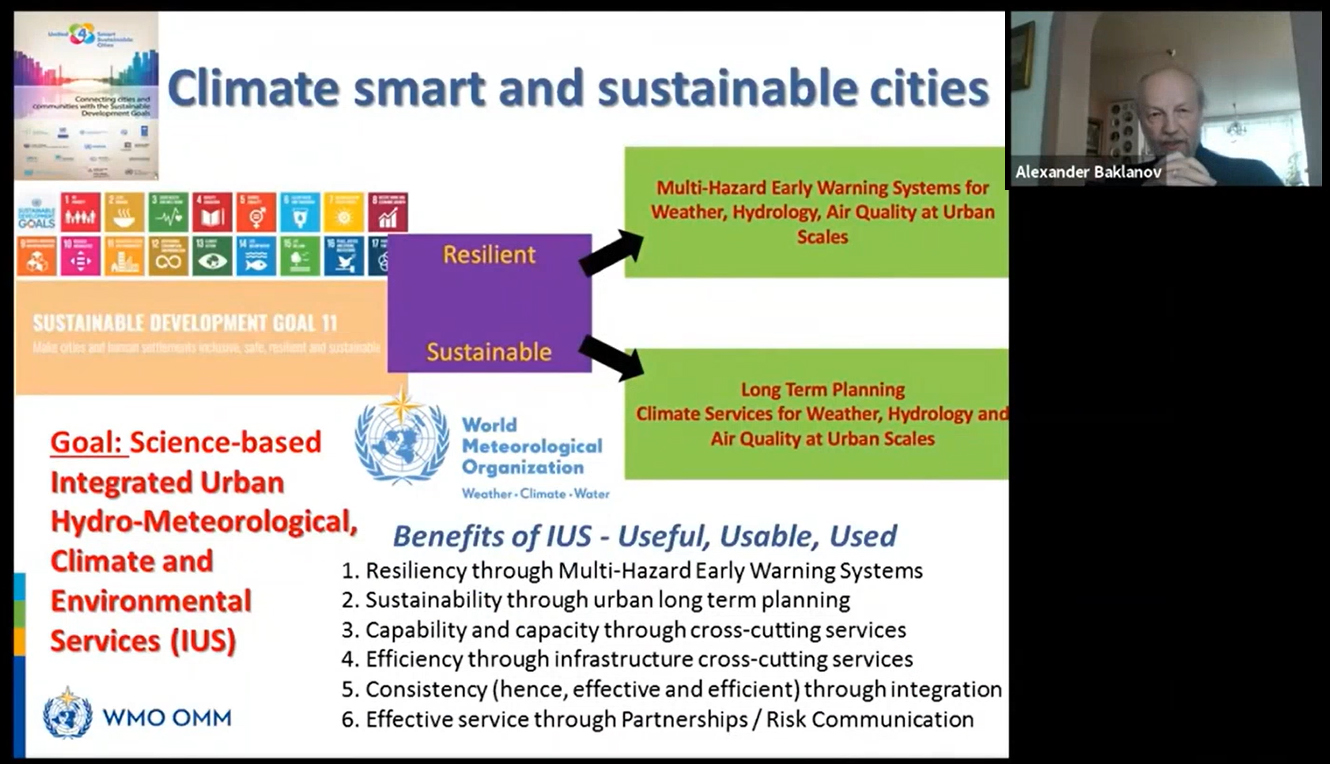From July 8 to 10, 2020, the Smart and Sustainable Cities international conference in advanced technologies for sustainable development of urban green infrastructure was held on the base of the Department of Landscape architecture and sustainable ecosystems. Due to specific circumstances of the COVID-19 pandemic, the event was held online. However, this did not prevent the conference for the second time from becoming an open discussion platform uniting not only the research community, but also municipal services, environmental protection agencies and organizations working in the field of urban management and landscaping.
Particular attention in organizing the SSC-2020 conference was paid to attracting young scientists – participants of the 3MUGIS Summer School, which was held from July 3 to 13. The conference brought together more than 100 participants from Russia, USA, Australia, Germany, France, Italy, Ukraine, Kazakhstan with the involvement of leading russian and foreign experts in the field of ecology, soil science, landscape design and sustainable development.
At the opening ceremony of the conference, Evgenia Semutnikova, Deputy Director of the Department of Nature Management and Environmental Protection of Moscow, made a welcoming speech: “A sustainable city is a green city that seeks to improve its environmental efficiency by compensating the negative effects of urbanization. Therefore, it is especially valuable that the Smart and Sustainable Cities conference, which has already become an authoritative one, not only expands the circle of experts every year, offering new ideas and technological solutions to develop a comfortable and sustainable environment, but also creates an innovative platform for effective cooperation of scientists with city managers and urban planners”.
The comprehensive nature of the sustainable development of megacities was reflected in the interdisciplinarity of the scientific program, which included 8 sessions and 3 round tables on a wide range of areas, including soil and environmental, economic aspects, health issues, new technologies of green chemistry and eco-monitoring, landscape architecture and urban climate.
The first day of the conference opened with a plenary session with presentations by Frank Rinn (Rinntech, Germany) and Roberto Tognetti (University of Molise, Italy), who shared the latest data in the field of assessing the safety of old trees and managing forestry in the mountains. Thus, Frank Rinn noted that in the field of monitoring of green spaces it is not necessary to perceive decayed and damaged trees only as a potential threat to city residents and buildings. In his opinion, such trees can also be a “kind of key to preserving the biodiversity” of insects and various microorganisms that live in old trees, so it is very important to try to save every “unhealthy” tree if it does not threaten others.
Peter Groffman, professor at the CUNY Advanced Science Research Center (Brooklyn College, USA), Carlo Calfapietra, member of the National Research Council (Italy), Alexander Baklanov, a member of the World Meteorological Organization (WMO, Switzerland) were served as keynote speakers.

During the three-day conference program, more than 50 scientists made reports, and 20 poster presentations were showed as part of the poster session. The findings of a group of scientists J. Ketzler, S. Goertz, and M. Leschner “Effects of Small Water Bodies on the Urban Heat Island in a Medium Sized City in Germany” were recognized as the best poster presentation of the conference.
The round table “Ecosystem services assessment for sustainable landscape architecture: from science to practice”, brought together leading russian experts – members of the Landscape Engineers Guild and scientists at Smart Urban Nature Lab – Viktor Matasov, Pavel Konstantinov, Vyacheslav Vasenev and others. The meeting was the continuation of a series of round tables and open lectures held since the beginning of 2020. The main goal of this collaboration is to establish effective cooperation of scientists – as theorists and architects, developers and government executives – as practitioners who directly regulate the ecosystem services policy in megacities, to create a comfortable and sustainable urban environment. During the round table, a project of a residential complex from the Moscow architectural bureau UTRO, which became the winner of a competition announced in advance for the best “green” urban development project was considered in detail.

In general, the conference widely considered advanced approaches and innovative technologies for monitoring, modeling and assessing environmental changes and risks in the life of megacities. The key attention of SSC-2020 was focused on an interdisciplinary search for solutions to the ecosystem problems of modern cities. The experts presented the most relevant results on their topics, and shared their successful experience in creating sustainable urban development projects, including the management and design of green infrastructure, waste management, sewage treatment and urban soil restoration.
Luis Inostroza, Senior researcher at the Institute of Geography at the Ruhr University (Germany), as well as one of the conveners of the Assessment, modeling and mappings urban ecosystem services session, made a closing speech and thanked the organizers and all participants of SSC-2020, noting the high quality and robustness of the reports presented, also declaring the desire to continue cooperation with the Smart Urban Nature laboratory.
“We would like to get more and more acquainted with the works of Russian scientists who bring a new interdisciplinary view on the problem of ecosystem services and acquaint the world scientific community with very valuable data and an ingenious approach to solving the urgent tasks of the ecosystem service in megacities”.
This year, the Smart and Sustainable Cities conference has developed and strengthened its status as a major interdisciplinary scientific and practical event that develops both a fundamental and an applied approach to advanced technological solutions for monitoring, evaluation and management of ecosystem services as well as sustainable urban development in general.

